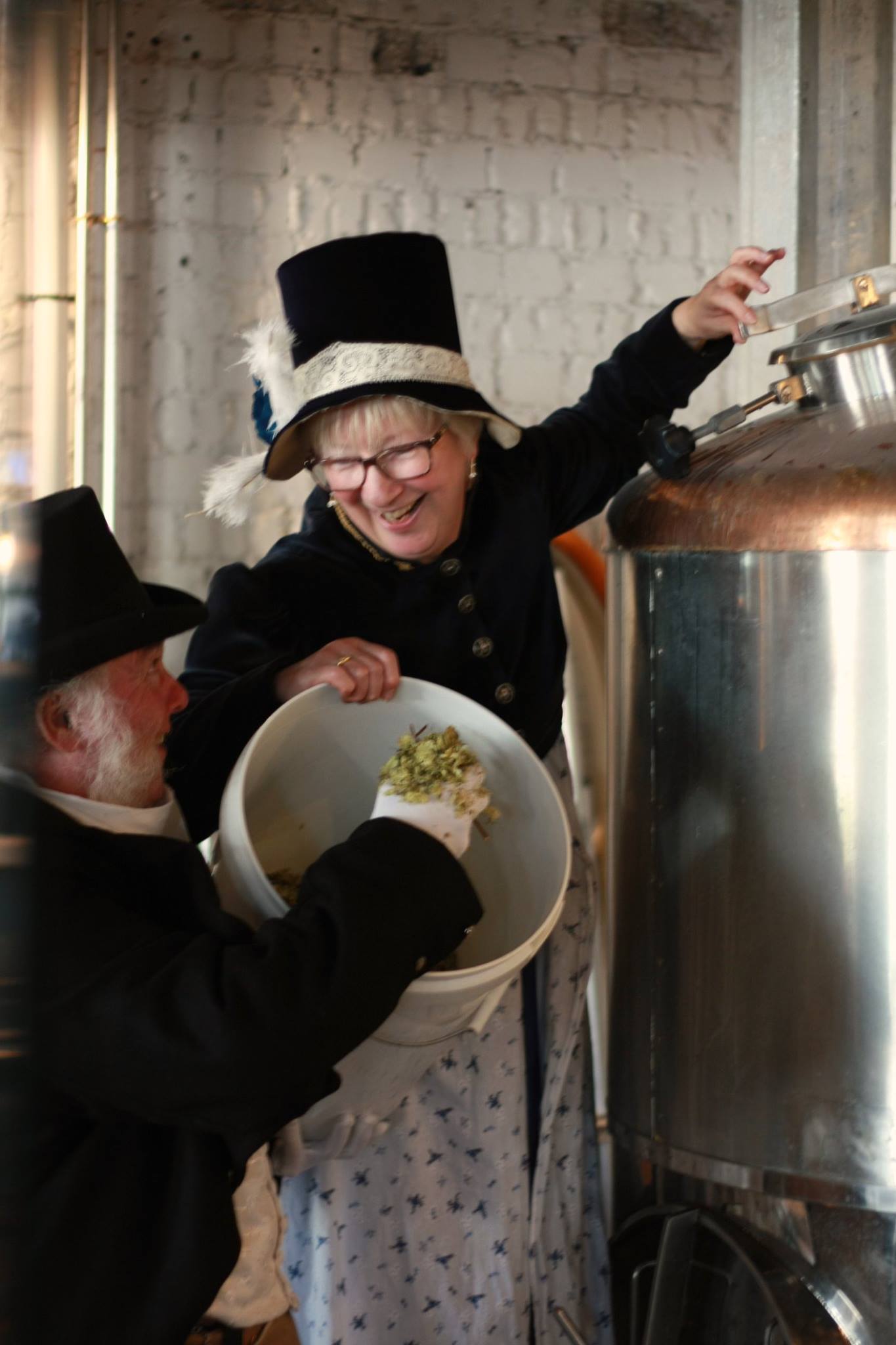Finding Happiness, Austen Style: Lift Yourself Up with Persuasion
Welcome to the second of a multi-part series of posts on how to lift yourself out of the blues, Austen style.
Kindly reproduced here with permission from its author, Laurie Viera Rigler, who is also the author of the popular Jane Austen Addict novels.
Welcome to the Persuasion Happiness Program. Persuasion, like all of Jane Austen’s novels, is more than a book: it’s a roadmap to happiness. Here are lots of ways to lift yourself up with Persuasion! 1. Read Persuasion, and discover that there is always a second chance at happiness. Heroine Anne Elliot goes from lonely resignation to triumphant empowerment. It’s impossible to turn the last page without feeling a little spark inside that says, “that could be me.” Yes, it could, and it will! 2. Read Persuasion, and renew (or form) your faith in men.
If you’ve ever wished and hoped that men could be as loyal and as romantic as women, Persuasion will grant your wish. Persuasion has what is perhaps the most romantic declaration of love in all of English literature. But don’t just wish and hope: Believe. Which leads us to:
3. Read Persuasion, and learn that faith in the good is rewarded. Always.
As the heroine, Anne Elliot, says to a male friend, “I should deserve utter contempt if I dared to suppose that true attachment and constancy were known only by woman.”
4. Read Persuasion, and develop discernment.
Anne Elliot was persuaded at the tender age of 19 to give up her engagement to the man she truly loved; she spent the next eight
2. Read Persuasion, and renew (or form) your faith in men.
If you’ve ever wished and hoped that men could be as loyal and as romantic as women, Persuasion will grant your wish. Persuasion has what is perhaps the most romantic declaration of love in all of English literature. But don’t just wish and hope: Believe. Which leads us to:
3. Read Persuasion, and learn that faith in the good is rewarded. Always.
As the heroine, Anne Elliot, says to a male friend, “I should deserve utter contempt if I dared to suppose that true attachment and constancy were known only by woman.”
4. Read Persuasion, and develop discernment.
Anne Elliot was persuaded at the tender age of 19 to give up her engagement to the man she truly loved; she spent the next eight years regretting it. Not only did she learn to trust her intuition about love, she also learned to rely on her own inner voice at other critical moments. Observe her closely, and follow her example.
5. Read Persuasion, and realize that family flaws—and even our own failings–can be funny.
If you’ve ever found family get-togethers unendurable, Persuasion will show you how to find the humor in them. There are many reasons why Austen was a genius, and her ability to make us laugh, no matter what other drama may be be brewing, is one of them. In Persuasion, Austen treats us to three of the most obnoxious and yet the most hilarious characters she ever wrote, all of whom happen to be the close relations of our heroine, Anne Elliot.
Have any family who are self-centered, insensitive, or hypochondriacs? It’s time to laugh at it all! Anne’s sister Mary has all of those qualities. Instead of being annoyed or affronted by the person in your life who is most like Mary, why not take Anne’s example? Anne is all sweetness and mildness and gentle persuasion. She never takes Mary’s insensitivity personally; she just gets on with it. We love Anne for that!
Be the boss, even if they think you’re the servant. Just look at how Anne takes charge in Lyme when there’s a crisis and everyone’s running around in a panic. Yeah she has to put up with a lot, but you don’t. You live in the twenty-first century, and you’re allowed to say NO.
years regretting it. Not only did she learn to trust her intuition about love, she also learned to rely on her own inner voice at other critical moments. Observe her closely, and follow her example.
5. Read Persuasion, and realize that family flaws—and even our own failings–can be funny.
If you’ve ever found family get-togethers unendurable, Persuasion will show you how to find the humor in them. There are many reasons why Austen was a genius, and her ability to make us laugh, no matter what other drama may be be brewing, is one of them. In Persuasion, Austen treats us to three of the most obnoxious and yet the most hilarious characters she ever wrote, all of whom happen to be the close relations of our heroine, Anne Elliot.
Have any family who are self-centered, insensitive, or hypochondriacs? It’s time to laugh at it all! Anne’s sister Mary has all of those qualities. Instead of being annoyed or affronted by the person in your life who is most like Mary, why not take Anne’s example? Anne is all sweetness and mildness and gentle persuasion. She never takes Mary’s insensitivity personally; she just gets on with it. We love Anne for that!
Be the boss, even if they think you’re the servant. Just look at how Anne takes charge in Lyme when there’s a crisis and everyone’s running around in a panic. Yeah she has to put up with a lot, but you don’t. You live in the twenty-first century, and you’re allowed to say NO.

Sir Walter Elliot. Quite the dandy in his upholstery-fabric outfit, don’t you think?
Laurie Viera Rigler is the author of the Jane Austen Addict series. Visit her at her website www.janeaustenaddict.com



Leave a comment
This site is protected by hCaptcha and the hCaptcha Privacy Policy and Terms of Service apply.